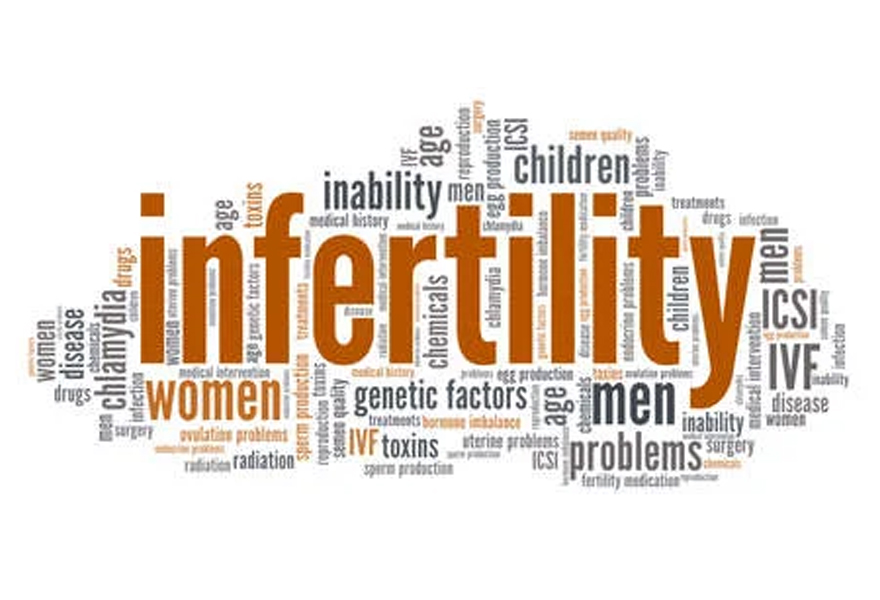Grief Counselling in Infertility

Reproductive trauma of infertility can transform a woman’s perception of herself, and be a major source of stress that often has psychological consequences. Parenthood is generally considered by couples and society as a desired social role and the desire to have a child can be considered with some exceptions, a universal phenomenon. The nature and extent of distress caused by childlessness varies between men and women, and though men also experience pressures and distress related to infertility, affected women tend to show more distress. Psychiatric symptoms and disorders are prevalent in about 15% of the women encountering infertility and perinatal loss.
Infertility can be classified into one of two subtypes:
Primary Infertility
When a woman has never birthed a child and thus has no biological children.
Secondary Infertility
When a woman experiences the inability to birth a child following the birth of at least one other child.
Both forms of infertility produce a cyclical pattern of strong emotion that is often referred to as a roller coaster.
Types of Counselling:
- • Information Gathering and Assessment
- • Implication and Decision Making
- • Supportive Counselling
- • Crisis Counselling
- • Therapeutic Counselling
| Table 1: The continuum of patient-centered care, counseling and psychotherapy in relation to infertility and ART | |||
| Domain in the continuum | Type of counseling | Focus | Delivered by |
| Patient-centered care | Information gathering and assessment | Evaluation of medical and biological factors associated with infertility and eligibility for ART | Medical and nursing staff of fertility clinic |
| Implication and decision making | Discussing the implications of infertility and of options for treatment and helping people make decisions regarding treatment | ||
| Infertility counseling | Supportive counseling | Providing emotional support to patients in distress | Trained clinic counselor (medical or nursing staff or mental health professional such as a counselor, psychologist, psychiatric social worker) |
| Crisis counseling | Short-term support in crises (eg. acutegrief) Long-term support for people with multiple or longer-term problems |
||
| Psychotherapy | Therapeutic counseling | Specific psychotherapeutic techniques such as problem-solving, interpersonal therapy, cognitive behavior therapy for long-standing problems | Qualified mental health professional (counselor, psychologist, psychotherapist, psychiatrist) |
Each infertility journey is exclusive, and counselling interventions should be custom-made to fit the distinct needs of every client. Watching the diagnosis of infertility through the lens of grief and loss allows for a more detailed exploration into the personal and relational meanings of an often-devastating disruption in the life course.
Why do we need counselling for infertility?
Counselling and therapy can help a couple through their grief and help them to try and live life. It certainly helps couples achieve a level of acceptance. Often it may even be enough for the partners to know there are others out there going through the same experience.
Steps for Grief Counselling:
- 1. Set realistic expectations
- 2. Inform patients about success and failures upfront
- 3. Explain different treatment modalities available
- 4. Connect with patient support group
As counsellors, you should understand that each case is unique and setting up realistic expectations is much more important than false hopes. While it is important to be positive about the entire treatment procedure, being upfront about the same will help couples brace themselves for the likelihood of failure. The patient and the partner should be thoroughly informed before making any treatment choices.
When do I need to see a counsellor?
- • Persistent feeling of sadness & guilt
- • Social Isolation
- • Depression
- • Loss of interest in usual activities
- • Suicidal Thoughts
- • Mood Swings
- • Marital Problems
- • Alcohol and Drug Abuse
Consider checking up with a doctor when you are experiencing any of these symptoms mentioned in the bubble.
Counselling in infertility guides couples to reconstruct and reevaluate their lives while they are going through these challenging times. The outcome may not be positive always, but couples may eventually find personal growth and learning through the experience.
